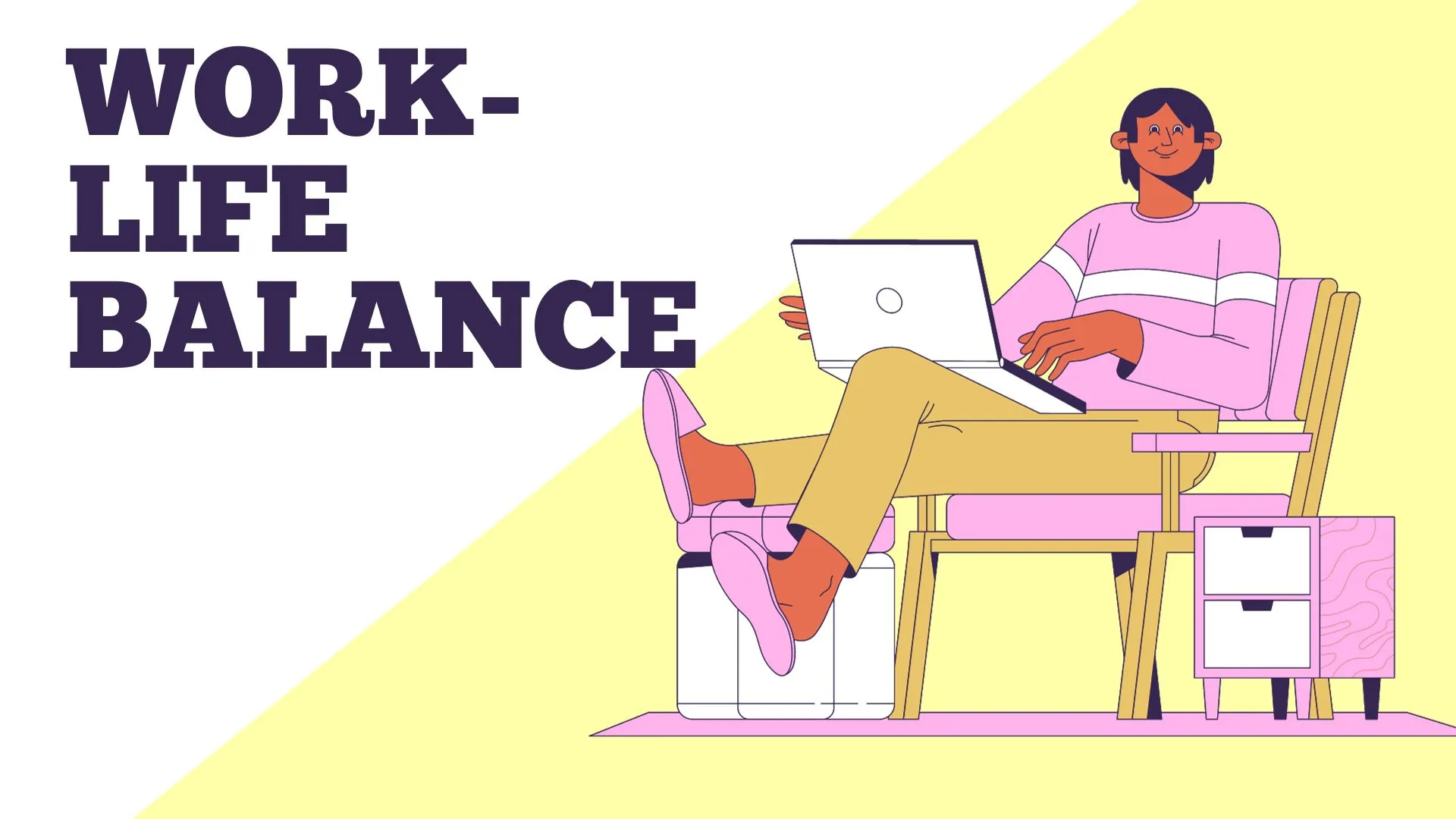Juggling a career and personal life can feel nearly impossible at times. But achieving a better balance is absolutely achievable—and it can start with something as simple as an email schedule. In this article, I’ll share strategies for integrating work and play so you can feel less stressed and more fulfilled each day.
Contents
Why Balance Matters
We’ve all heard how vital work-life balance is, yet we somehow still struggle to achieve it. Here are a few key reasons why making it a priority is so important:
- Health – Constant stress takes a toll on both mental and physical well-being over time if left unchecked. Balance reduces burnout.
- Relationships – Prioritizing family and friends strengthens bonds crucial for happiness and support outside of work.
- Productivity – Taking adequate breaks boosts focus, creativity, and overall job performance in the long run compared to burnout.
- Life satisfaction – When we make time for hobbies and leisure, it leaves us feeling fulfilled and enjoying our accomplishments fully.
A balanced lifestyle simply allows us to invest fully in all areas of our lives for optimal well-being overall. Let’s explore some strategies.
Setting Healthy Boundaries
One of the biggest steps is creating a separation between work and personal time. This starts with establishing boundaries like:
- Set email/work hours – Only check/respond to emails during a set work window to avoid constant obligation.
- Avoid work devices off hours – No checking notifications or answering messages when “off the clock” to fully detach.
- Schedule personal breaks – Block off lunch breaks plus allocating daily personal tasks and errands help maintain breaks.
- Communicate availability – Let colleagues know your availability so expectations are clear about when you can/cannot be reached.
- Learn to say “no” – We can’t do it all! Politely turn down some tasks if they don’t align with priorities or availability.
Healthy boundaries protect personal time and allow us to fully relax outside of working hours.
Time Management Techniques
With better organization and focus, we can often accomplish more in less time:
- Set daily priorities – List 2-3 key tasks to focus on each work day to stay on track.
- Schedule large projects – Break major assignments into smaller chunks over time to make continual progress.
- Minimize distractions – Close extra tabs/apps and enable focus mode when tackling priorities.
- Delegate when possible – Don’t be a bottleneck. Pass low-priority items others can handle to free up your time.
- Use a calendar religiously – Block personal/family commitments together with work tasks for full visibility.
Being more efficient at work allows greater flexibility to achieve outside goals.
Self-Care Strategies
Making our well-being a priority actually boosts productivity in the long run. Try these:
- Move your body daily – Even 15 minutes ensures a clear mind and energy for tasks. Make time non-negotiable.
- Eat nutritious meals – Healthy fuel provides lasting energy/focus versus crash-and-burn habits. Meal prep saves time/money.
- Sleep 7-9 hours nightly – Quality sleep is restorative. No cutting back on this vital necessity.
- Find a hobby – Activities separate from work reduce stress and fill your cup so you bring your best self to your job.
- Spend time socially – Strong relationships outside of the workplace provide support and fun outlets essential for wellness.
Self-care is crucial for both performance and living joyfully outside of a career.
Handling Setbacks and Slip-Ups
Creating balance requires patience, as imbalance can happen due to:
- Job changes or demands – New opportunities, roles, or seasons create shifts requiring adjustment.
- Personal life transitions – Marriage, a new child, or moving can upend the best-laid plans and need recalibration.
- Special events or obligations – Travel or activities may require extra work hours on occasion.
It’s important to cut yourself slack when clashes occur. Get back on track with:
- Revisit your priorities – Refine what’s truly essential versus nice-to-have tasks.
- Implement new strategies – Come up with solutions tailored to the new circumstances.
- Protect personal time – Continue making self-care and relationships non-negotiable even during busy periods.
Balance takes work but is worthwhile. Be kind to yourself along the way.
Achieving Sustainable Balance
Maintaining work-life balance consistently over the long term requires:
- Flexibility and adaptability – Be willing to shift strategies as needs change rather than rigid rules.
- Small, daily habits – Make time for brief relaxing moments throughout busy times versus all-or-nothing thinking.
- Open communication – Discuss schedules and expectations clearly with managers, clients, and family.
- Celebrating progress – Notice and appreciate wins, however small, along the way as motivation.
- Set realistic expectations – Balance takes effort so be patient, persistent, and forgive slip-ups along the process.
With diligence and consistency in several key areas each day, achieving a balanced lifestyle filled with fulfillment both at work and away from it can become a long-term sustainable reality.
Finding equilibrium takes practice and flexibility. But with commitment to yourself and priorities outside of work, you can balance it all in a healthy, sustainable way. I hope these strategies spark useful ideas—let me know if any other topics would be helpful!

